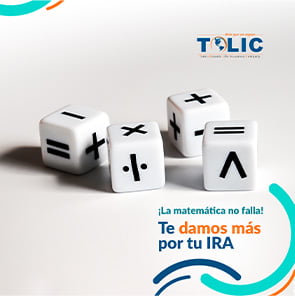What is Spoofing?
Identity replacement occurs when a caller deliberately falsifies the information transmitted to the caller ID screen to hide their identity. Scammers often use identity replacement, so it seems as if the incoming call comes from a local number, or from a company or government organization you already know and trust. If you answer, they use scam scripts to try to steal your money or valuable personal information, which can be used in fraudulent activities.
If you believe you’ve been the victim of an identity replacement scam, you can file a complaint with the Federal Communications Commission (FCC). This form is only available in English. You can also watch this video in which the FCC details more on the subject.
How can you identify and avoid it?
It’s likely you won’t immediately identify an incoming call as a spoofing attack. Be careful when answering any requests of personally identifiable information.
Here are some tips from the FCC to avoid these calls:
· Don’t answer calls from unknown numbers. If you answer one of those calls, hang up immediately.
· If you answer the phone and the caller (or a recording) prompts you to press a button to stop receiving calls, you must hang up. Scammers often use this trick to identify potential targets.
· Don’t answer any questions, especially those that can be answered with «Yes» or «No».
· Never reveal personal information such as account numbers, social security numbers, your mother’s maiden name, passwords or other identifying information in response to unexpected calls or if you have any suspicions.
· If you receive an inquiry from someone claiming to be the representative of a business or government agency, hang up and call the phone number on your statement, telephone directory, or website of the company or government agency to verify the authenticity of the request. You will usually receive a written statement in the mail before you receive a phone call from a legitimate source, especially if the caller is asking you to make a payment.
· Be careful if you are pressured to provide information immediately.
· If you have a voicemail account with your phone service, be sure to set a password. Some voicemail services are preconfigured to allow access if you’re calling from your own phone number. A cyber attacker could replace your phone number and access your voicemail if you don’t set a password.
· Talk to your phone company about call blocking tools and check the apps you can download to your mobile device. The FCC allows phone companies to block automatic calls (robocalls) by default, based on reasonable analysis.
You can find more information about blocking robocalls available on the FCC’s website and file a complaint if you think you’ve received such calls.








